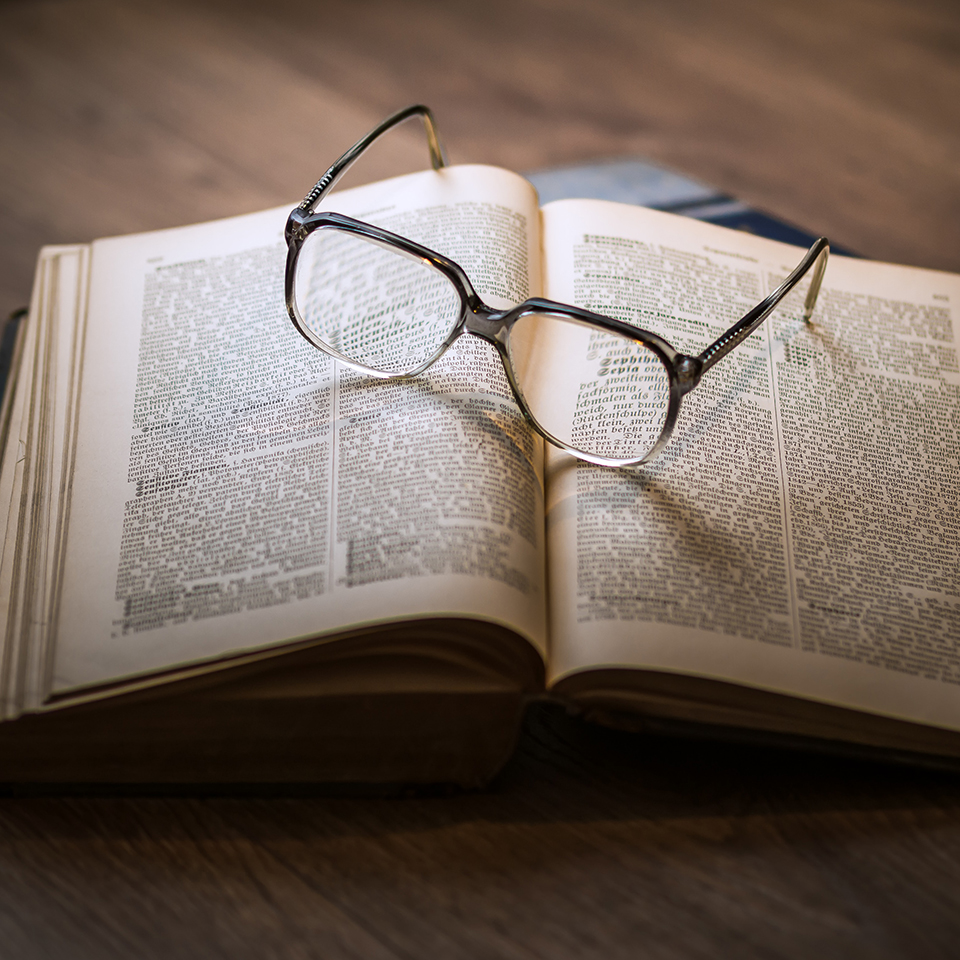Our vocation is not simply to be, but to work together with God in the creation of our own life, our own identity, our own destiny. . . . To work out our identity in God.
—Thomas Merton
The riddles of God are more satisfying than the solutions of man.
—G.K. Chesterton
Mr. Crouchback grimaced.
It was wartime in England. His grandson Tony was shipping off to continental Europe to liberate the enslaved states from the iron grip of the Nazis. And Mr. Crouchback had forgotten to give him something.
Mr. Crouchback was a curious soul in mid-twentieth-century England. Descended from an aristocratic lineage, he was not pretentious. A widower at a young age, he was not lonely. Financially less secure in his older age, he was not anxious. As author Evelyn Waugh would characterize him:
There was nothing of the old dandy about him, nothing crusted, nothing crotchety . . . He was an innocent, affable old man who had somehow preserved his good humor—much more than that, a mysterious and tranquil joy—throughout a life which to all outward observation had been overloaded with misfortune. (Evelyn Waugh, Men at Arms)
The aging English gentleman walked in the company of his golden retriever. Ambling down High Street, he charmingly greeted shopkeepers and passersby. Though higher society probed, he never openly lamented the loss of his ancestral house Broome. Instead, he bore it with a softness—almost a sweet amusement—that betrayed a quiet grace and unshakeable dignity. Mr. Crouchback attended Mass every day where he prayed for the souls of the living and the dead.
But Tony had gone too soon. Musing aloud to his own son Guy, Mr. Crouchback was wistful and a bit concerned:
“I should have liked to say good-bye to Tony,” said Mr. Crouchback. “I didn’t know he was off so soon. There’s something I looked out for him the other day and wanted to give him. I know he’d have liked to have it—Gervase’s medal of Our Lady of Lourdes. He bought it in France on a holiday the year the war broke out and he always wore it. They sent it back after he was killed with his watch and things. Tony ought to have it.”
“I don’t think there’d be time to get it to him now,” [Guy responded].
“I’d like to have given it to him myself. It’s not the same thing sending it in a letter. Harder to explain.”
“It didn’t protect Gervase much, did it?”
“Oh yes,” said Mr. Crouchback, “much more than you might think. He told me when he came to say good-bye before going out. The army is full of temptations for a boy. Once in London when he was in training, he got rather drunk with some of his regiment and in the end he found himself left alone with a girl they’d picked up somewhere. She began to fool about and pulled off his tie and then she found the medal and all of a sudden they both sobered down and she began talking about the convent where she’d been at school and so they parted friends and no harm done. I call that being protected. I’ve worn a medal all my life. Do you?” (Waugh, Men at Arms)
Years ago, when a friend introduced me to Evelyn Waugh’s The Sword of Honor trilogy, I needed the wisdom of Mr. Crouchback. I still do.
Sometimes we believe that wealth will solve our problems, that status is among the highest of satisfactions, and that death is the tragedy to stave off. But Mr. Crouchback tells us otherwise. Perhaps it is not what you have or what you do that matters, but who you are. Maybe it isn’t your esteemed (or embarrassing) ancestry that defines you, but your place as a child of God. And it just might be that the world’s conception of being protected and saved means one thing, when in fact it means so very much more.
Without agenda or angling and with innocence and earnestness, perhaps we—like Mr. Crouchback—are meant to step away from what the world says we are supposed to be, and instead become who, by God, we are more deeply called to be. Maybe to be right with God we are to be a bit odd to the world. Then, perchance, as we are bathed in the grace of Christ, we will find that we are more fully true and comfortable in ourselves.
In the words of Mr. Crouchback, I call that being protected.
Do you?
